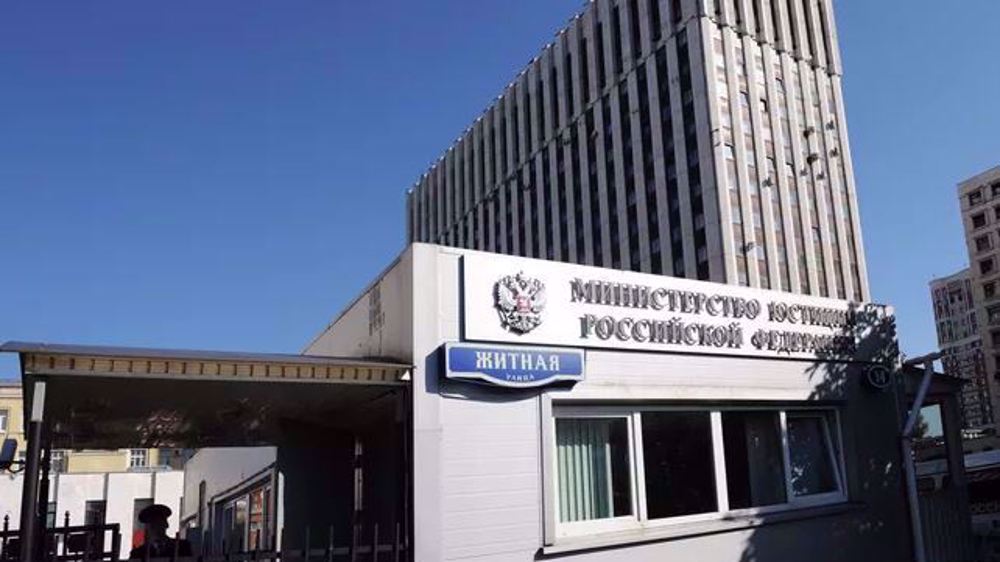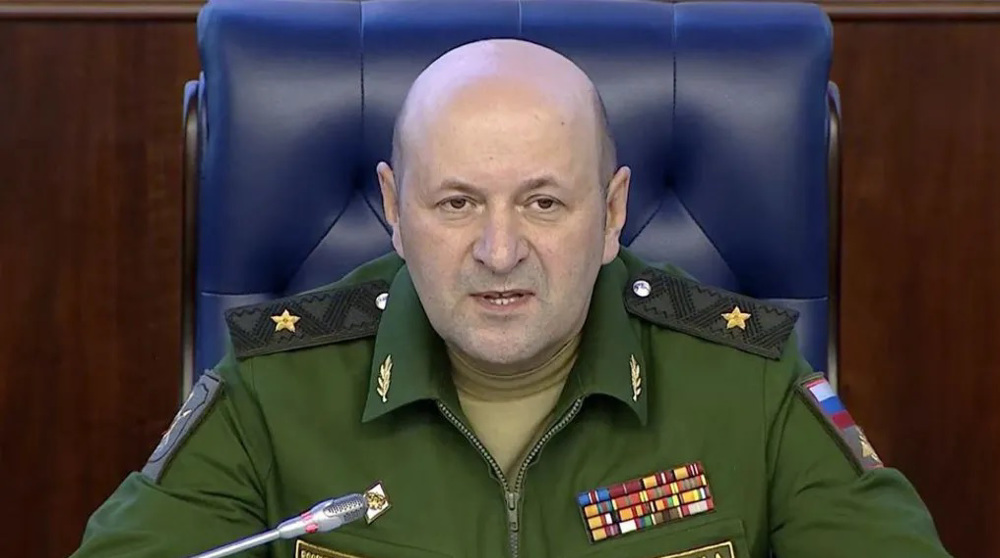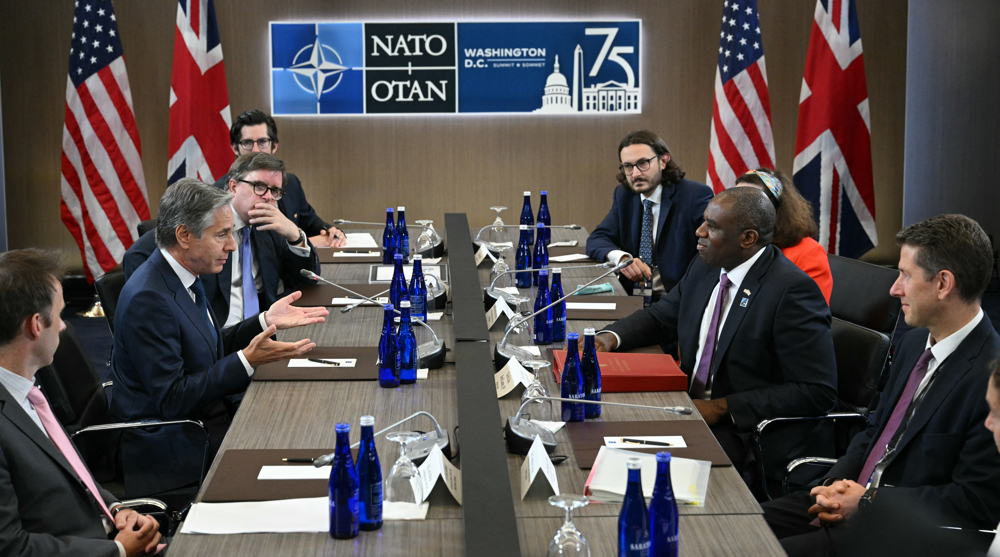Russia bans Dutch-based Moscow Times as 'undesirable'
Russian prosecutors have banned The Moscow Times as an “undesirable" news outlet, ruling the Dutch-based organization is spreading false information.
The prosecutors said the news organization was part of an ecosystem of foreign-funded and foreign-based NGOs hostile to Moscow.
The organization which originated as a newspaper for English-speakers in the Russian capital has been designated "undesirable" in Russia, the Russian prosecutor general's office said.
The Moscow Times aims to "discredit the decisions of the leadership of the Russian Federation domestically and internationally,” it added.
Access to the Moscow Times website has already been restricted in Russia “due to systematic publication of articles that included false information of public interest,” including regarding the Ukraine conflict.
The prosecutor general wields authority in Russia to blacklist foreign NGOs.
Dutch businessman Derk Sauer founded The Moscow Times news organization in 1992. It was originally an ads-funded free newspaper reporting about Russia to English-speakers such as expats and tourists. In 2017, the paper went out of print and became fully online, and in 2020, it started a Russian-language operation.
In 2022, as Western nations and Russia imposed tit-for-tat restrictions on each other’s media following the outbreak of the Ukraine conflict, the Moscow Times moved its newsroom to Amsterdam.
Russian prosecutors said The Moscow Times has long been receiving funds from the Dutch government and other Western agencies, noting that it is a key media partner of Radio Free Europe/Radio Liberty, which is funded by the US government. The latter has also been designated "undesirable" in Russia.
An organization that is designated "undesirable" is banned from conducting most operations in the country, including publishing news.
Meanwhile, the "collective West" has been extending all-out support to Kiev by engaging in a media war against the country since February 2022.
In addition, the US-led Western countries have slapped a slew of economic sanctions on Russia while supplying unlimited shipments of arms and ammo to Ukrainian forces to fight against Russian troops.
To give Ukraine support, the West provided Kiev with funds to maintain its government and help it manufacture its own weapons, shared Western intelligence sources, and even sent mercenaries from Western countries to fight for Kiev.
D-8’s role in Iran’s economy after Cairo summit
China slams US as ‘war-addicted’ threat to global security
China ‘firmly opposes’ US military aid to Taiwan
VIDEO | Press TV's News Headlines
President Yoon Suk Yeol to be removed from office
At least 19 Gazans killed by Israeli airstrikes since dawn: Medics
Leader: Iran neither has nor needs proxy forces
US fighter aircraft shot down ‘in friendly fire’ amid aggression on Yemen












 This makes it easy to access the Press TV website
This makes it easy to access the Press TV website